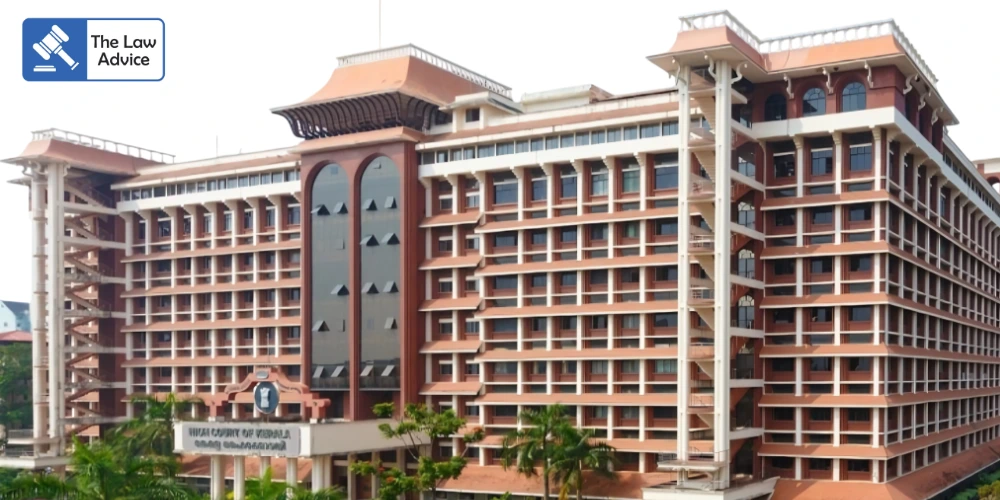The Kerala High Court has held that colleges cannot be treated as sensitive locations for the purpose of applying siting criteria in the establishment of petroleum retail outlets. The Court clarified that the Central Pollution Control Board (CPCB) guidelines expressly restrict the setting up of petroleum outlets only near schools, hospitals (with 10 or more beds), and designated residential areas, but not colleges.
The ruling came from Justice S. Manu while hearing a writ petition filed by Bindhu Kuniparambath, who had challenged the rejection of her application to establish a retail petroleum outlet.
The petitioner had responded to the Indian Oil Corporation Ltd.’s call for applications to set up petroleum retail outlets and offered her property as a suitable site. Initially, the Joint Chief Controller of Explosives (1st respondent) granted preliminary approval, and the District Collector issued a No Objection Certificate (NOC).
However, the application was later rejected by the Deputy Chief Controller of Explosives (2nd respondent). The grounds for rejection were twofold:
1. The application allegedly failed to mention whether the site was located in a designated residential area.
2. The proposed retail outlet was situated less than 30 metres from Newman College, raising a concern under the CPCB siting guidelines.
The authority reasoned that since the distance between the outlet and the college was less than the prescribed 30 metres, the project was not compliant with CPCB’s siting norms.
The petitioner contended that the rejection was based on an incorrect interpretation of CPCB guidelines. She emphasized:
• The local authority certificate clearly confirmed that the property was situated in a mixed-use zone and not in a designated residential area.
• The CPCB siting criteria do not mention colleges among the restricted categories. Only schools and hospitals (with at least 10 beds) have been expressly identified.
• Therefore, the Deputy Chief Controller had illegally expanded the scope of the guidelines by including colleges, which was never the intention of the CPCB.
The Deputy Solicitor General of India (DSGI), appearing for the respondents, argued that the petitioner had misrepresented facts in her application. Specifically, it was pointed out that the drawing submitted along with the application did not depict the college boundary wall, thereby obtaining approval through concealment.
Further, it was argued that the term “educational institutions” in the siting criteria should be given a broader interpretation, which would include colleges as well. Accordingly, the rejection order was justified.
Court’s Findings
The Court undertook a detailed examination of the CPCB guidelines and also referred to CPCB’s submissions before the National Green Tribunal (NGT), Principal Bench. The following key observations were made:
• The siting criteria specifically identify only two categories of institutions—schools and hospitals (with more than 10 beds)—alongside residential areas.
• The guidelines do not use general or expansive terms such as “educational institutions” that could cover colleges, universities, or other entities.
• Since CPCB itself had clarified before the NGT that it never intended to include colleges within the category of sensitive institutions, no other authority could reinterpret the guidelines to widen their scope.
The Court concluded:
“Since the author of the guidelines, CPCB, has clarified before the NGT (PB) that it did not intend to include colleges within the siting criteria treating them as sensitive locations, it is not for any other authority to give an expansive interpretation to the criteria and include colleges within its scope. Hence, the reasoning of the 2nd respondent in Ext.P5 that a college is situated within the vicinity of the proposed site, distance between the boundary of the college and the retail outlet is less than 30 m. and hence the outlet cannot be permitted is untenable.”
The Court rejected the grounds raised by the 2nd respondent and set aside the impugned rejection order. It directed the competent authority to take a fresh decision on the petitioner’s application within one month, after affording an opportunity of hearing to both the petitioner and the 3rd respondent.
Case Details
• Case Title: Bindhu Kuniparambath v. The Joint Chief Controller of Explosives & Ors.
• Case No.: W.P.(C). No. 12226 of 2025
• Court: High Court of Kerala
• Judge: Justice S. Manu
